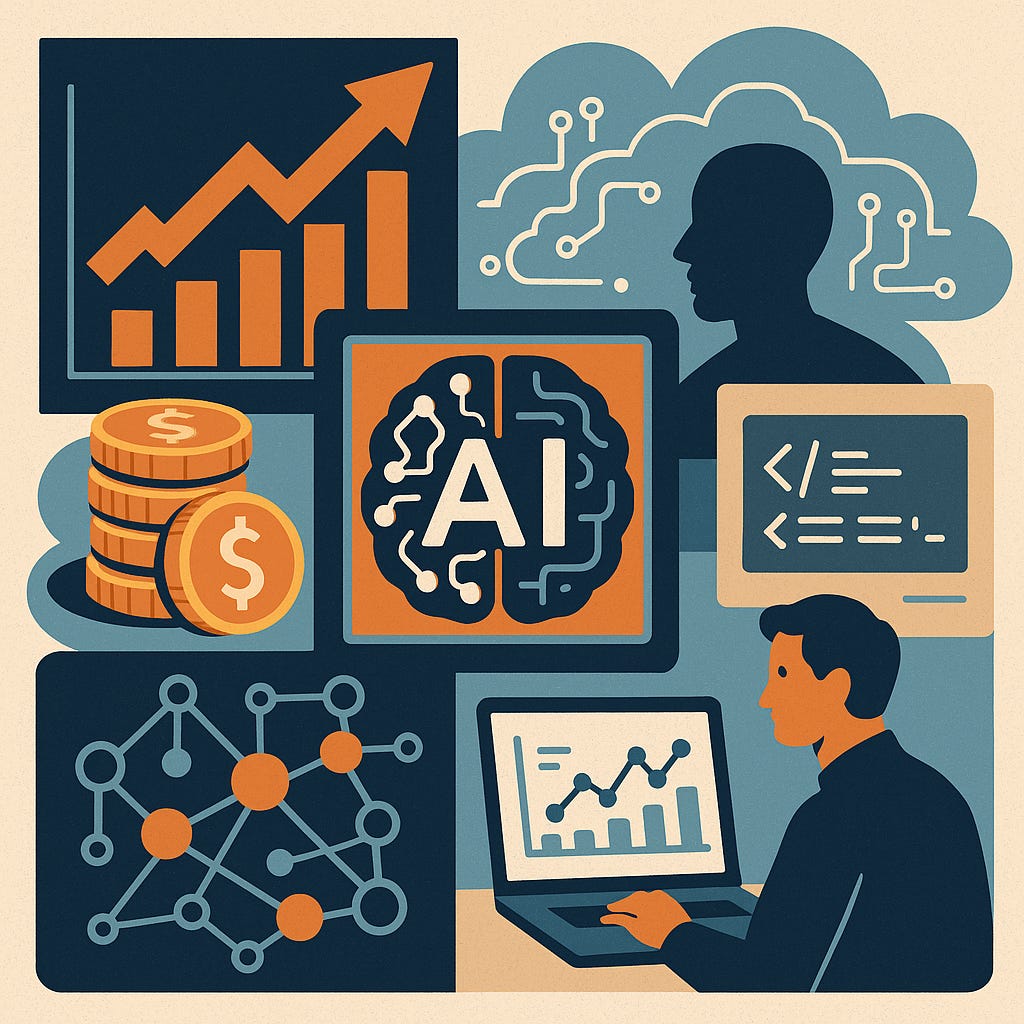The Amount of Money OpenAI Lost Last Quarter Will Make You Choke on Your Slurpee
NegativeArtificial Intelligence

OpenAI has reported significant financial losses in the last quarter, raising concerns about its sustainability and future profitability. As the company continues to invest heavily in artificial intelligence development, the pressure to generate revenue is mounting. This situation is crucial as it highlights the challenges faced by tech companies in balancing innovation with financial viability, making it a topic of interest for investors and industry watchers alike.
— Curated by the World Pulse Now AI Editorial System







